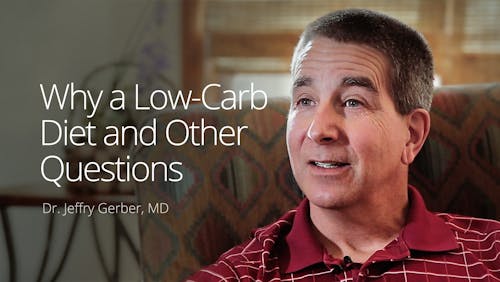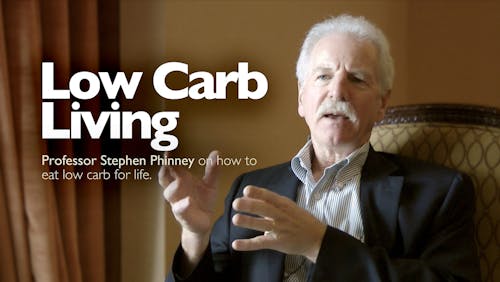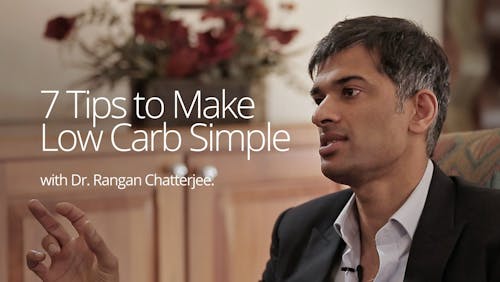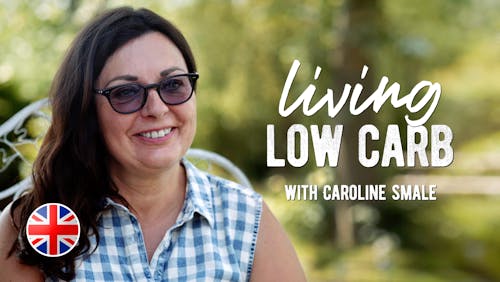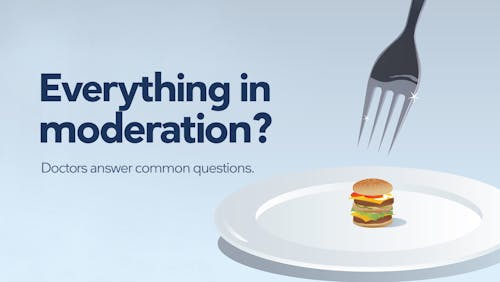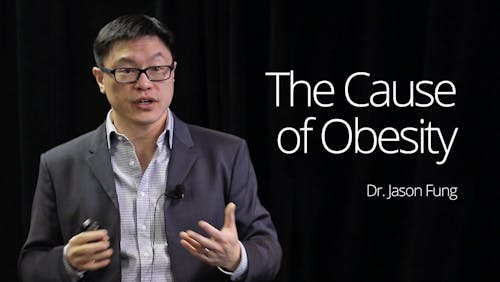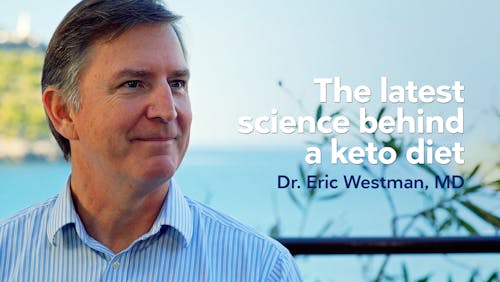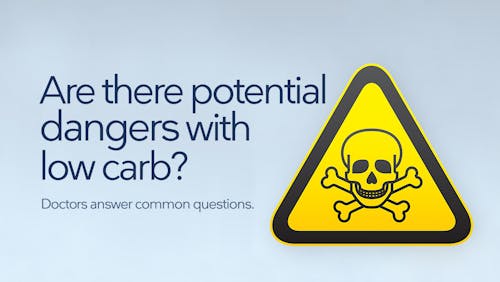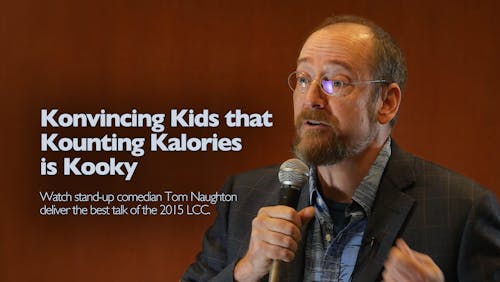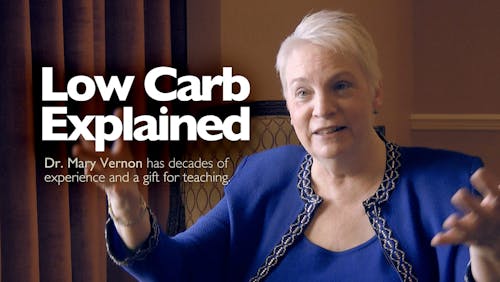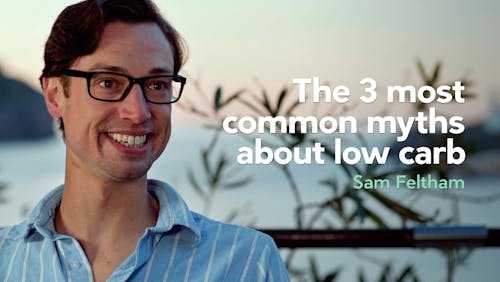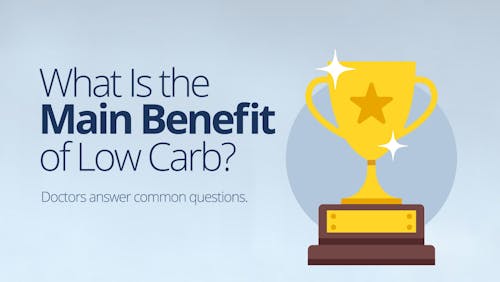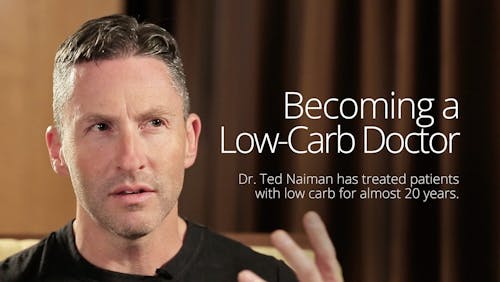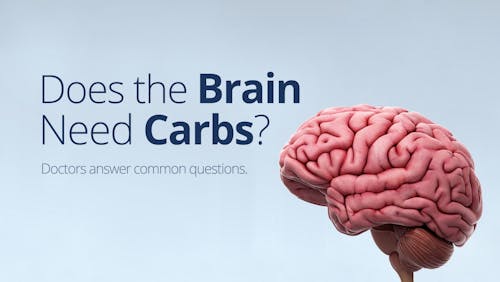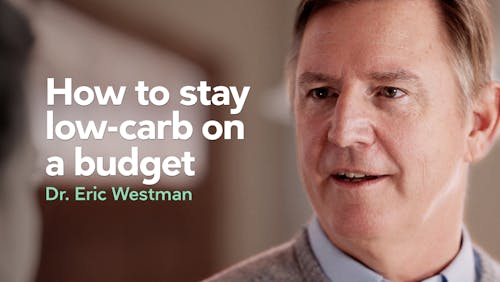How underlying beliefs can impact scientific interpretations

The American College of Cardiology (ACC) released an expert analysis of the potential benefits and risks of very low-carbohydrate and ketogenic diets. As with many of these reviews, underlying beliefs affect the authors’ perspective on the scientific evidence.
Misinterpretation of gluconeogenesis
The review starts with a scientific explanation of nutritional ketosis and describes different low-carb diets. However, the authors mistakenly express the common belief that too much protein, which they define as 1.5 grams per kilo per day, prevents nutritional ketosis.
The ACC experts cite a paper that shows an increase in gluconeogenesis with 30% of energy from protein, compared to 12% of energy from protein, but nowhere do they cite evidence showing that this difference impacts ketosis.
As we mention in our protein guide, protein-induced gluconeogenesis does not appear to impact ketosis for most people. The literature supports our claim that adequate protein diets are still compatible with ketosis.
Weight and blood sugar
Next, the authors discuss the potential cardiometabolic benefits that can be achieved with low-carb diets. They highlight the evidence that both moderate low-carb and ketogenic diets reduce triglyceride levels better than other diets.
The authors also acknowledge the body of evidence showing low-carb diets can lead to weight loss and better glycemic control. Still, they question whether the benefits last long enough to matter.
This is an area where we need to examine the science more carefully.
Many trials liberalize carb intake over time, meaning the trial may start comparing a keto diet to a control group eating a conventional weight loss diet. But by the end of the trial, carb intake is so much higher in the experimental arm that it is no longer accurate to characterize it as a comparison between a keto diet and a conventional diet.
Studies — such as those by Dr. Yancy and Dr. Saslow — that maintain a strict keto diet for one year show significant blood sugar benefits compared to a standard diet.
The ACC review is correct that the data documenting the greatest benefits come from studies that are less than six months long. But that doesn’t mean that there are no high-quality results that show longer-term benefits. There are.
This is where the authors’ spin comes in. The data they cite isn’t wrong, per se. But they choose to present it negatively. When it comes to interpreting the evidence, perspective colors everything.
We can likely all agree that the existing evidence is inadequate. That’s why we need longer-term, well-designed trials that compare a consistent very low-carb diet to a higher-carb diet for long-term glycemic control and weight loss. Those trials exist for non-randomized populations, such as in a study by Virta Health, but more randomized controlled trials would further advance our understanding of these diets.
Are health benefits all because of calories?
The review next questions whether all of the benefits from low-carb diets come from caloric reduction.
In a way, we can view very low-carb diets as victims of their own success. Trials that allow subjects to eat as much as they want commonly show a natural reduction in caloric intake for those following a very low-carb diet. Those same trials show greater weight loss and better blood sugar control. This leaves scientists wondering whether the health improvements result from reduced food intake and resulting weight loss — or if there’s something special about carbohydrate reduction.
One answer could be that it doesn’t matter. Clinicians who care most about their patients getting better may not need more data. If low carb is an easy, safe, and more successful way to reduce calories, it is an automatic success. They don’t need any more evidence than that.
Others, especially scientists, want to know if carbohydrate reduction itself leads to benefits. Current science has not yet answered this question, with evidence on both sides of the argument. Once again, our conclusions tend to rest with our underlying beliefs.
Low-carb risks
What about the risks? The ACC review correctly points out that most low-carb studies do not show a significant increase in low-density lipoprotein cholesterol (LDL) on average. However, there is individual variation among participants in low-carb studies, and some do see an LDL increase — and the ACC paper strongly warns against this.
We cover cholesterol and low-carb diets in detail in our evidence-based guide.
The paper also points out how very low-carb diets lack “beneficial dietary components” such as whole grains, beans, and fruit. The common assumption is that these foods are uniquely protective and healthy, a claim that relies on weak observational data or data comparing different versions of high-carb diets.
There is no evidence showing that those following a minimally processed, low-carb diet suffer from avoiding grains, beans, and fruit.
The same is true when it comes to the authors’ concern over the increase in animal-based foods and red meat. First of all, carbohydrate reduction does not necessarily include an increase in animal-based foods and red meat. When it does, there is no evidence to support the assumption that this is unhealthy.
Again, underlying beliefs color their interpretation of the scientific evidence.
The paper concludes with:
For patients who report following a VLCD [very low-carb diet] or KD [ketogenic diet], we recommend a clinician-patient discussion that reviews short-term risks and benefits based on the medical history and long-term health goals.
We agree, and we encourage those patients to look for clinicians well versed in low-carb nutrition who understand the scientific literature and view each person as an individual. You can start by searching our map to find one close to you (or a practitioner who does telehealth visits).
Patients should also ask what diets or medications would provide similar benefits of a VLCD and what the risks of those interventions would be. Patients should also consider whether alternative interventions suit their own needs and preferences.
But the ACC experts go further and say that anyone with atherosclerosis, a build-up of plaque inside arteries, should avoid very low-carb diets. That is the authors’ opinion, not a statement based on evidence.
What if the patient has obesity and type 2 diabetes and has struggled to maintain a low-fat diet? Could a very low-carb diet potentially provide a benefit? At a minimum, reviews and guidelines should entertain this question rather than dismiss it altogether.
What if a low-carb diet helps someone normalize their blood sugar, reduce their inflammation, reduce triglycerides, and has no net effect on LDL? Would the experts still dismiss it out of hand? I would hope not.
Contrary to the ACC, my underlying beliefs help me see the scientific evidence in a positive light. There is a tangible potential benefit that could outweigh any potential negative effects. Again, it’s not right or wrong, but rather a perspective that we choose.
Low carb has come a long way
Position papers such as this show how far low-carb diets have come. The medical establishment can no longer ignore the popularity and the mounting scientific basis for low-carb diets.
However, this paper also shows how the interpretation of scientific evidence is still steeped in a heavy bias in favor of grains, legumes, and fruit and against animal-sourced food and saturated fat.
It’s up to all of us, including our team here at Diet Doctor, to address our underlying biases and strive to base decisions on the highest quality science and what it says about countless sets of individual circumstances.
For many, a very low-carbohydrate diet may be the best approach. While the evidence isn’t perfect or conclusive for the entire population, it is undoubtedly strong enough to make these diets part of the conversation.
Thanks for reading,
Bret Scher, MD FACC
More posts
New study shows fasting may be as effective as cutting calories
Intermittent fasting helps with weight loss
More weight loss and fewer diabetes meds for patients who chose a very low-carb diet, study shows
Start your FREE 7-day trial!
Get delicious recipes, amazing meal plans, video courses, health guides, and weight loss advice from doctors, dietitians, and other experts.
Join now


